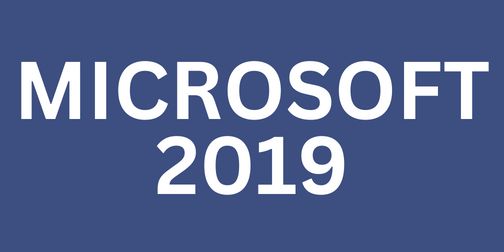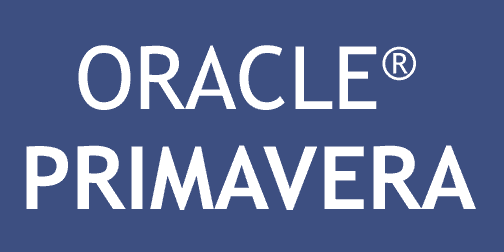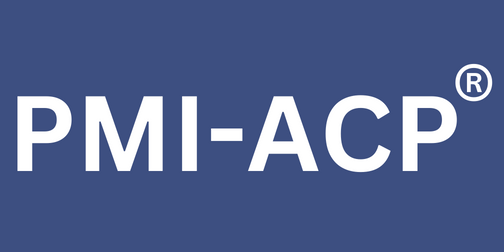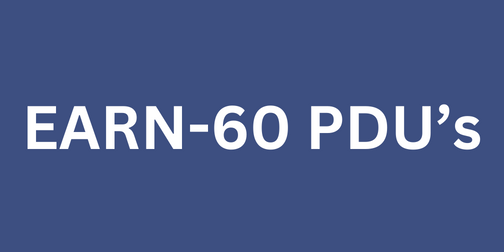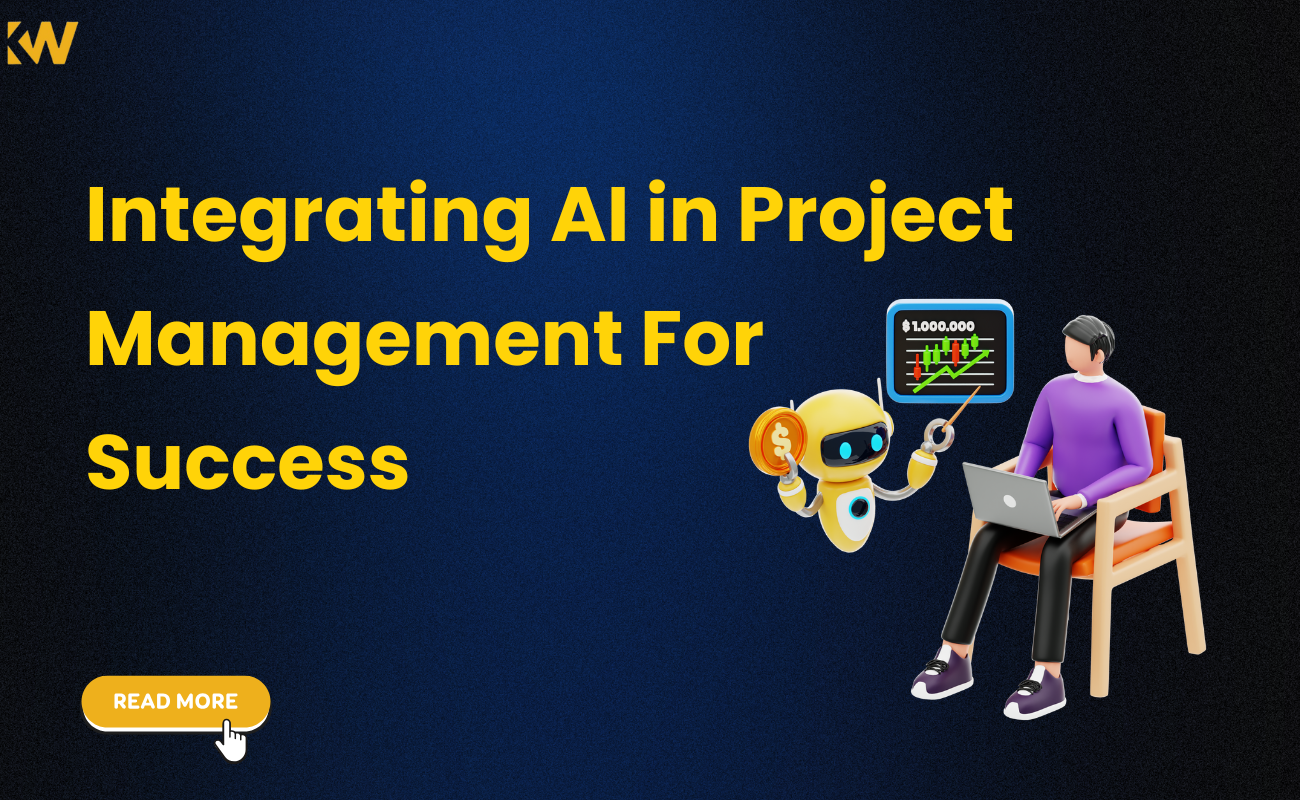
Integrating Artificial Intelligence (AI) in Project Management
Posted On April 3, 2025 - 16:12 PM
Introduction
Artificial Intelligence (AI) is transforming industries worldwide, revolutionizing how businesses operate, optimize workflows, and make data-driven decisions. From healthcare to finance, AI-driven automation has streamlined processes and improved efficiency. Similarly, AI in project management is redefining how teams collaborate, predict outcomes, and enhance decision-making.
Project managers often deal with complexities such as resource allocation, risk assessment, and scheduling. AI-powered project management tools bring automation, predictive analytics, and intelligent insights, allowing managers to focus on strategic objectives rather than administrative tasks. With increasing project complexities, AI for project managers has become crucial in ensuring efficiency, reducing risks, and optimizing resources. AI is also being integrated into risk management in software engineering, ensuring software projects are delivered with minimized uncertainties and improved security.
Understanding AI in Project Management
What is AI in Project Management?
AI in project management refers to the integration of machine learning, data analytics, and automation to enhance project planning, execution, and monitoring. It streamlines repetitive tasks, provides data-driven insights, and predicts potential risks, allowing project managers to make informed decisions.
How AI Integrates with Traditional Project Management Methodologies
AI seamlessly integrates with various project management frameworks, including Agile, Waterfall, and Hybrid methodologies.
-
Agile: AI can analyze sprint performance and predict project bottlenecks.
-
Waterfall: AI ensures efficient scheduling and dependency management.
-
Hybrid: AI optimizes workflow by combining flexibility with structured planning.
Capabilities of AI in Project Management
-
Automation: Automates routine tasks like scheduling, reporting, and resource allocation.
-
Predictive Analytics: Forecasts project delays, risks, and budget overruns.
-
Optimization: Enhances efficiency by assigning tasks based on team performance data.
-
Natural Language Processing (NLP): AI chatbots assist with communication, documentation, and report generation.
-
Sentiment Analysis: AI tools analyze team communication to gauge morale and potential project issues.
Key Benefits of AI in Project Management
1. Improved Project Planning and Scheduling
AI-powered project management software analyzes historical data to predict project timelines accurately, reducing delays and ensuring timely delivery. AI-driven Gantt charts and workflow automation simplify planning.
2. Enhanced Decision-Making with AI-Powered Analytics
AI-driven decision-making helps project managers analyze large datasets, identify trends, and make data-backed decisions. Machine learning algorithms provide recommendations on task prioritization, resource distribution, and risk mitigation.
3. Risk Assessment and Mitigation
AI in risk management in software engineering identifies potential issues before they arise, allowing proactive solutions. Machine learning models analyze project patterns and flag areas of concern, ensuring projects stay on track. AI can also help in crisis management by providing contingency plans based on real-time data.
4. Resource Allocation and Workload Optimization
AI optimally assigns tasks to team members based on their expertise and workload, preventing burnout and improving productivity. AI-powered resource forecasting ensures projects have the right team members assigned at the right time.
5. AI-Driven Communication and Collaboration Tools
AI-powered chatbots and virtual assistants facilitate seamless communication among project teams, ensuring effective collaboration. AI-based transcription tools record and summarize meetings, making information easily accessible.
AI-Powered Project Management Tools
Several AI project management tools streamline operations and enhance project execution. Some popular options include:
-
ClickUp – AI-powered task automation and workflow optimization.
-
Trello with AI integrations – Smart scheduling and task recommendations.
-
Asana AI – Predictive analytics for task prioritization.
-
Monday.com AI – Data-driven project insights and reporting.
-
MS Project AI – Intelligent tracking and forecasting.
-
Jira AI – AI-powered Agile project management with automated sprint planning.
How to Choose the Right AI Tool
Consider factors like integration with existing workflows, ease of use, automation capabilities, and scalability when selecting an AI-powered project management solution. Additionally, evaluate data security features and compatibility with team collaboration tools.
AI in Automation & Decision-Making
1. Automating Repetitive Tasks
AI eliminates manual effort by automating scheduling, progress tracking, and reporting, allowing project managers to focus on high-value tasks. For example, AI-powered bots can update task statuses, send reminders, and generate project summaries.
2. AI’s Role in Project Forecasting
Machine learning models analyze past project data to provide accurate forecasts on project completion, budget utilization, and risk factors. AI-driven predictive modeling helps project managers make data-driven budget adjustments.
3. Real-World Case Studies of AI-Driven Project Success
Several companies have successfully implemented AI in project management:
-
IBM Watson – Used AI-driven insights to optimize software development projects.
-
Google AI – Improved product development cycle by leveraging AI-driven collaboration tools.
-
Tesla AI – Applied AI-powered predictive maintenance for manufacturing projects.
Overcoming Challenges of AI Adoption in Project Management
1. Resistance to AI Adoption
Many professionals fear AI may replace human roles. Educating teams about AI’s role as an enabler rather than a replacement helps in smoother adoption. Companies should focus on how AI enhances human decision-making rather than eliminating jobs.
2. Ensuring Data Privacy and Cybersecurity
AI relies on vast amounts of data, making security crucial. Implementing robust cybersecurity protocols ensures data integrity and privacy. Organizations should adopt AI tools with strong encryption, access controls, and compliance with data regulations.
3. Training Project Managers to Work with AI Tools
Providing training and upskilling opportunities helps project managers leverage AI’s full potential. Online courses, workshops, and AI certifications can bridge the knowledge gap and improve AI adoption rates.
4. Cost vs. ROI Analysis
While AI integration requires investment, the long-term benefits—efficiency, risk reduction, and improved productivity—outweigh the costs. AI helps reduce project overhead costs by minimizing delays and optimizing resource utilization.
Future of AI in Project Management
1. AI-Powered Chatbots for Project Support
AI chatbots will play a significant role in project assistance, providing real-time updates, answering queries, and suggesting solutions. Virtual project assistants like Microsoft Copilot and ChatGPT will become integral for decision-making.
2. AI in Adaptive Project Management Methodologies
AI will facilitate dynamic project management approaches, adjusting methodologies based on project needs. AI-powered adaptive frameworks will enable real-time changes to project execution strategies.
3. Predictions for AI in Project Workflows
-
AI-driven automation will further reduce manual workload.
-
AI will enhance cross-team collaboration by providing real-time insights.
-
AI will enable real-time project tracking with advanced predictive analytics.
-
AI will integrate with blockchain to enhance project security and transparency.
-
AI will be extensively used in artificial intelligence projects for project optimization and automation.
Conclusion
AI is reshaping the future of project management, offering improved efficiency, intelligent automation, and predictive insights. As organizations embrace AI-powered project management, they will experience streamlined workflows, better risk management, and enhanced decision-making.
For project managers, the time to integrate AI is now. Explore AI project management tools to stay ahead of the curve and drive project success! AI-driven insights will not only improve management but also enhance the success of every project page with data-backed strategies and intelligent automation.
Check Out This Blog : The Digital Project Manager: A Complete Guide
FAQs on AI in Project Management
1. How does AI improve risk management in software engineering?
AI enhances risk management in software engineering by identifying potential risks early, analyzing historical data, and suggesting preventive measures. It helps teams mitigate vulnerabilities before they escalate into critical issues.
2. Can AI be used for artificial intelligence projects?
Yes, AI can manage artificial intelligence projects by automating workflows, predicting project risks, and optimizing resource allocation. AI-driven tools can enhance the efficiency of AI-based initiatives.
3. How does AI improve a project page?
AI optimizes a project page by generating automated reports, providing real-time updates, and tracking project milestones. AI-powered analytics ensure project stakeholders have up-to-date insights at all times.
4. What are the best AI tools for project management?
Some top AI-powered project management tools include ClickUp, Asana AI, Jira AI, and Monday.com AI. These tools help automate scheduling, task prioritization, and performance tracking.
5. How does AI assist in predictive analytics for project management?
AI analyzes past project data to predict potential delays, budget overruns, and resource shortages. It provides project managers with insights to make proactive decisions and mitigate risks effectively.













